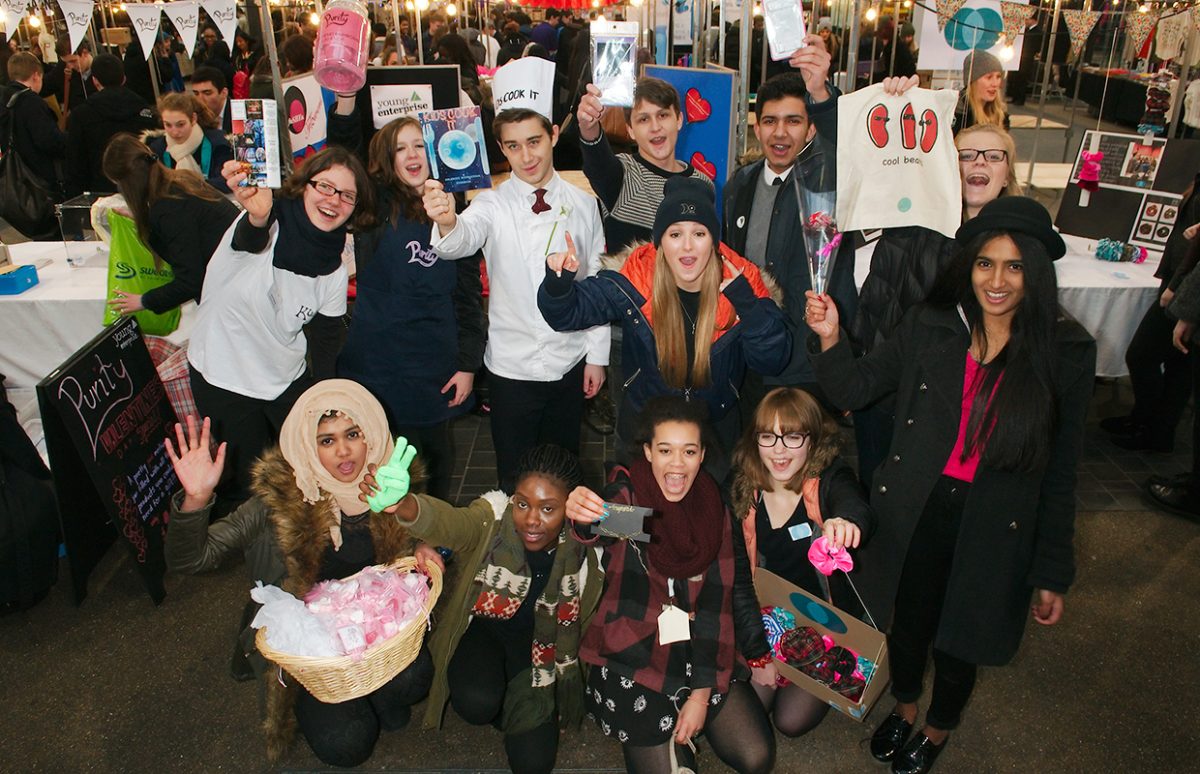Give 20,000 schoolchildren £10 each and ask them to start a mini-business. It sounds ambitious, but the Tenner Challenge is a big success with British pupils and teachers.
The competition is open to 11-19-year-old secondary-school pupils, alone or in teams, in two age categories. The basic format is simple and hasn't really changed since the first challenge 10 years ago. Each business receives £10 as start-up capital. They then have four weeks to try to make a profit. Weekly competitions help them focus on important business skills like designing logos, delivering a sales pitch or making an advert. There are also national awards at the end for categories such as Best Team and Greatest Social Impact.
Most teams do manage to turn a profit: £98 on average, with some making much more. One of the winning teams in 2016 made over £3,000 by organising a charity auction. Charity is a big element in the challenge, with 57% of businesses donating some or all of their profits to charity.
Ten pounds starting capital is not going to set anyone on the road to a fortune. Most of the businesses make greetings cards or snacks, organise events or offer services like recycling furniture or providing computer support. But pupils enjoy handling real money and taking part in every aspect of the business. They learn lots of workplace skills such as problem solving and resilience, as well as using maths and language skills, and it can be an outlet for their creativity. Many go on to participate in more advanced schemes organised through their schools and Young Enterprise.
At the end of the four weeks, businesses pay back their £10, plus a £1 donation to help the Challenge continue. And then they decide what to do with the remaining profits. So, it isn't free money after all, but a motivating lesson in real-world economics.
Tag(s) : "careers" "economics" "enterprise" "Give Me Five 4e" "jobs" "parcours de l'avenir" "schools"





